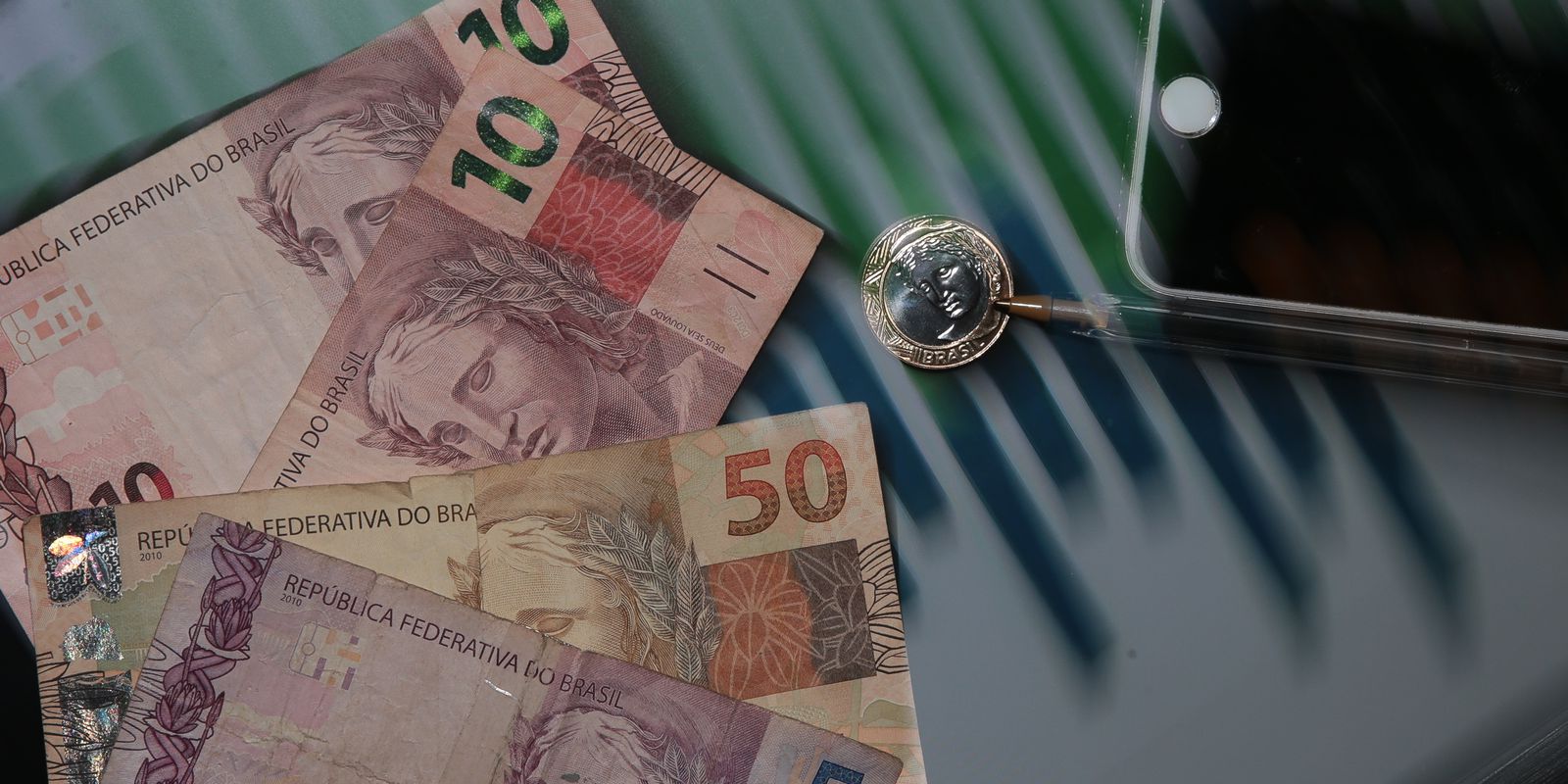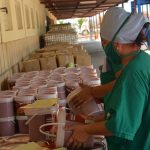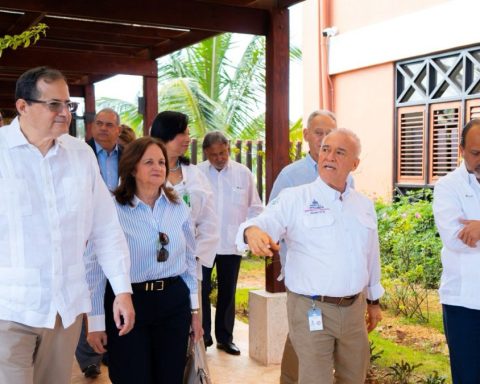After record withdrawals in January and February, the flight of resources from the more traditional financial investment by Brazilians slowed down. In March, Brazilians withdrew BRL 6.09 billion more than they deposited in their savings account, the Central Bank (BC) reported this Thursday (6).
The net withdrawal – withdrawals minus deposits – fell 60.36% compared to March last year, when account holders withdrew BRL 15.36 billion more than they deposited.
With March’s performance, savings accumulated a net withdrawal of R$ 51.23 billion in the accumulated result for the year. Despite the slowdown last month, the application recorded the highest accumulated withdrawal for the period since 1995, driven by the significant outflow of resources at the beginning of the year. In the first quarter of last year, withdrawals exceeded deposits by R$40.37 billion.
In 2022, the booklet registered a net outflow – more withdrawals than deposits – a record R$ 103.24 billion, in a scenario of high inflation and indebtedness. Yields once again gained from inflation due to increases in the Selic rate (the economy’s basic interest rate), but other fixed-income investments are more attractive than savings.
In 2020, savings had registered a record net inflow (deposits minus withdrawals) of BRL 166.31 billion. The instability in the government bond market at the beginning of the covid-19 pandemic and the payment of emergency aid, which was deposited in digital savings accounts at Caixa Econômica Federal, contributed to the result.
In 2021, savings had a net withdrawal of R$ 35.5 billion. The application was pressured by the end of emergency aid, low income and the greater indebtedness of Brazilians.
Performance
Until recently, savings yielded 70% of the Selic rate. Since December of last year, the application started to yield the equivalent of the reference rate (TR) plus 6.17% per annum, because the Selic was once again above 8.5% per annum. Currently, basic interest rates are at 13.75% per annum, which has made financial investments no longer lose to inflation for the first time since mid-2020.
In the 12 months ended in March, the application yielded 7.7%, according to the Central Bank. In the same period, the National Consumer Price Index-15 (IPCA-15), which works as a preview of the official inflation, reached 5.36%.
The full IPCA for March will be released next Tuesday (11) by the Brazilian Institute of Geography and Statistics (IBGE).
















